Why am I Gaining Weight Despite Diet and Exercise? │ QA
If you’re careful with your nutrition, working out weekly, and still experiencing problems with your weight, take a moment to read this QA.
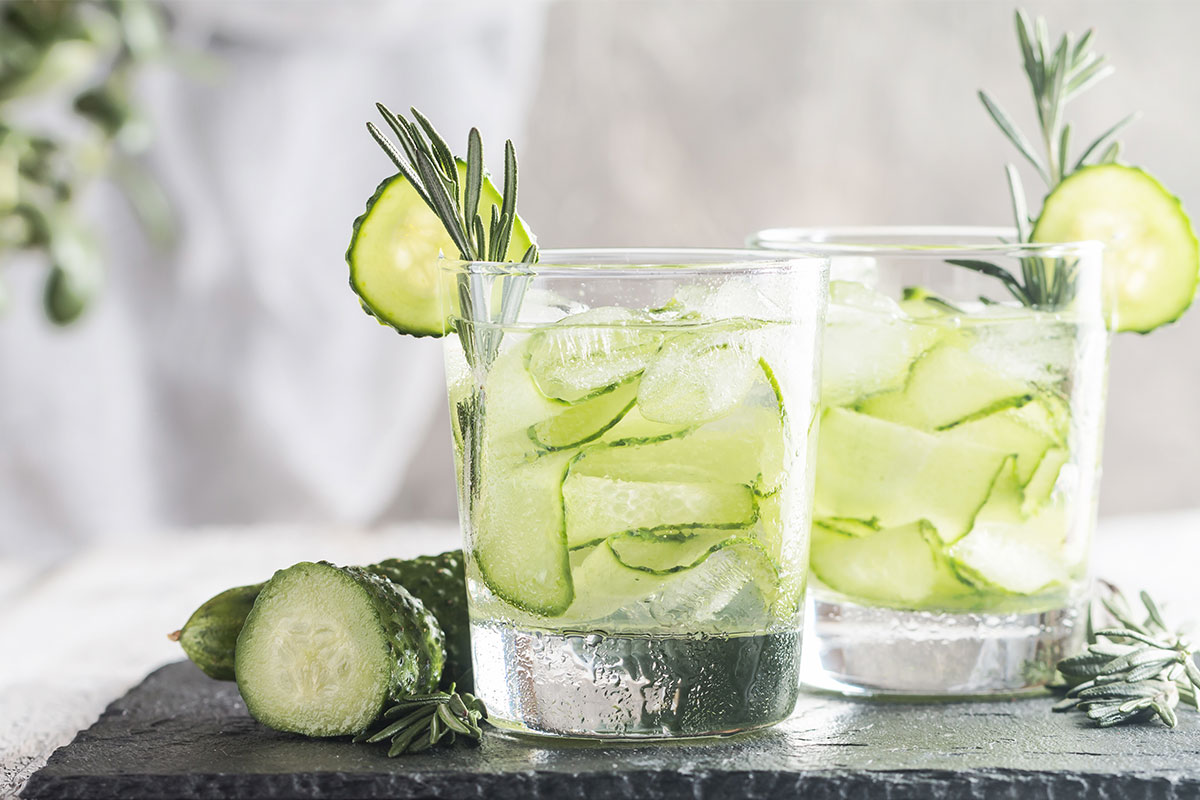

How can I stop retaining water? I am constantly bloated and cannot lose weight. What are some suggestions?
– Leslie

To stop retaining water, decrease bloat and reduce water weight I’d recommend three basic actions: limit higher sodium foods, hydrate well and avoid known gas-forming foods.
SODIUM
Sodium in salt and other preservatives makes the body hold water within tissues instead of inside cells where it should be. Cut back on pre-packaged foods (like frozen items and restaurant meals) and highly processed items (like condiments and engineered products). Potassium helps water get inside cells and stay there. Get plenty of potassium from good sources like avocado, winter squash, bananas, tomatoes, and potatoes.
HYDRATION
Your body may be less likely to hold onto water if there is plenty of it flowing freely. By drinking more fluids and eating water-filled foods, you may be less likely to retain water and more apt to flush out sodium, keep cells hydrated and achieve proper digestion. Watermelon and cucumbers are not only watery, they contain anti-inflammatory compounds to fight swelling. Sip on debloating teas made with mint or spices like cinnamon and ginger.
GAS PRODUCTION
Have smaller portions of gas forming foods that are cooked well. Chew them slowly & thoroughly. High fiber foods (like beans and broccoli), dairy products, and sorbitol – a sugar alcohol found in chewing gum and fruits (like apples, peaches, and pears) could all be bloated belly culprits.
– Debbie J., MS, RD
This article should not replace any exercise program or restrictions, any dietary supplements or restrictions, or any other medical recommendations from your primary care physician. Before starting any exercise program or diet, make sure it is approved by your doctor.
Some questions have been edited for length and/or clarity.
 Have a nutrition question? Our registered dietitian is ready to help!
Have a nutrition question? Our registered dietitian is ready to help!
Email nutrition@lafitness.com or submit your question below and it may be featured in an upcoming article!
If you’re careful with your nutrition, working out weekly, and still experiencing problems with your weight, take a moment to read this QA.
Blood sugar control isn’t easy. These are Debbie’s top recommendations for how to address weight control with Type II Diabetes.
Does Intermittent Fasting give you enough time to pack the day's protein? Our registered dietitian helps clear up the confusion!
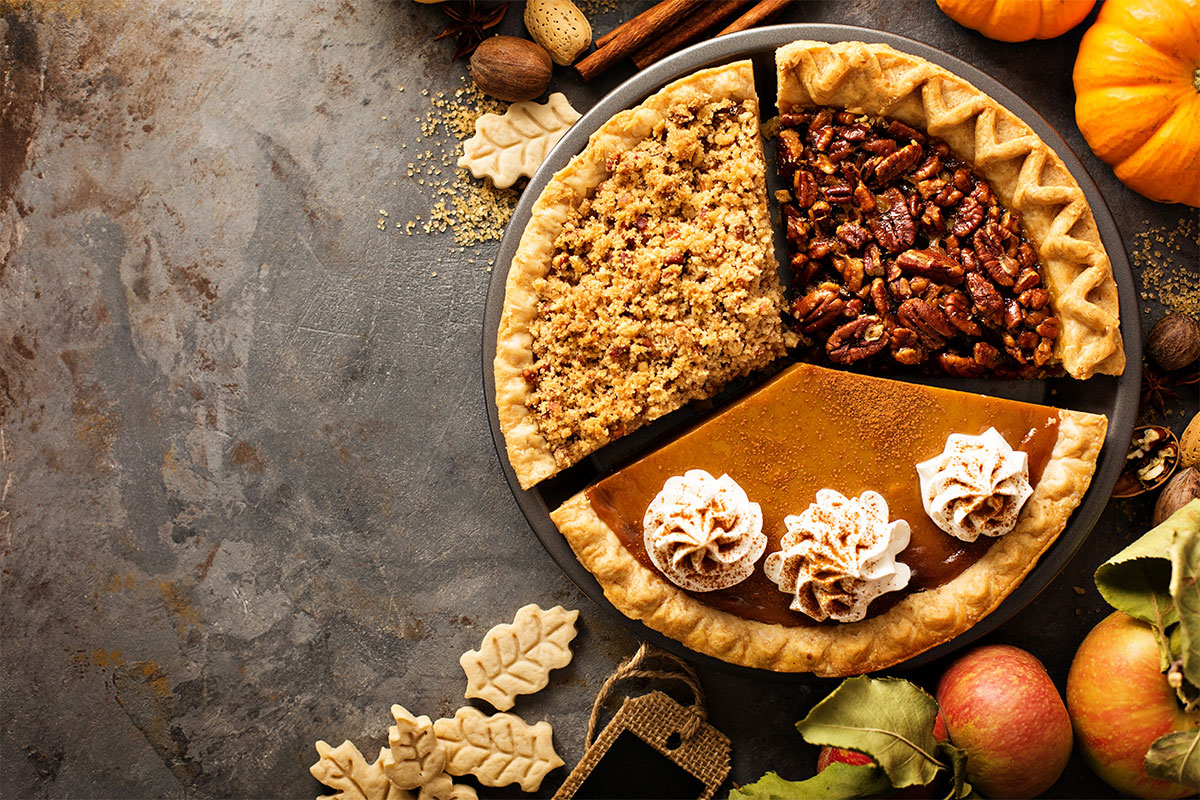

What do you know about the sugar alcohol erythritol? I’m looking to use it in sugar-free sweets this holiday.
– Candice C.

Sugar alcohols (also known as polyols) are low-digestible carbohydrates, meaning that they are incompletely digested or absorbed in the small intestine then are at least partially fermented in the colon. Chemically a hydrogenated monosaccharide, erythritol is technically not a true sugar or an alcohol. Erythritol is absorbed but is not fully metabolized enabling it to yield only 0.2 Cals/gram1. Erythritol is excreted intact in the urine, meaning it travels from gut to blood to kidneys unchanged. Um, you decide if that’s good or bad…
Erythritol is mainly derived from GMO cornstarch and is also natural-occurring in some other plants, fruit (like watermelon, pear, and grapes), mushrooms and fermented foods. In food products (often sugar-free foods) it can be used alone but is often found in combination with other polyols or non-nutritive sweeteners. For example, erythritol (along with rebiana) is a component of the sweetener TruviaTM. Erythritol would be part of the sugar alcohols section under carbohydrates in a Nutrition Facts panel of a food label. Erythritol is considered to have zero calories while other sugar alcohols have about half the calories of sugar1. Note that some lower-sugar foods have increased fat content for palatability2.
The US FDA determined that erythritol is Generally Recognized as Safe, as of 2001. The American Diabetes Association states, “Sugar alcohols and nonnutritive sweeteners are safe when consumed within the daily intake levels established by the Food and Drug Administration (FDA)2.” The estimated daily intake of erythritol is 1 gram per day and an estimated tolerable intake range of 10-20 grams per day 1,3.
Erythritol does not appear to affect blood sugar levels4. Other erythritol benefits for those with diabetes include no contribution to dental caries, lower laxative effect than other sugar alcohols, and slower digestion (lower glycemic). Sugar alcohols have not been proven effective in the management of weight3. And keep in mind that it’s overall carbohydrate consumption, not just sugar, that has the biggest impact on blood sugar management1.
In the kitchen, erythritol can’t be used in a weight for weight replacement for table sugar as erythritol has 60-80% the sweetness of sucrose3. You can use erythritol in a variety of food applications but know that sugar alcohols don’t have the same microbial inhibition, browning, or crystallization properties as table sugar. Unlike non-nutritive sweeteners, erythritol offers bulk and stabilization which helps with structure or viscosity of the finished product. It also acts as a humectant to retain moisture. Sounds to me like you need to know a bit about food chemistry to get an ideal result if you aren’t following a tested recipe!
References
– Debbie J., MS, RD
This article should not replace any exercise program or restrictions, any dietary supplements or restrictions, or any other medical recommendations from your primary care physician. Before starting any exercise program or diet, make sure it is approved by your doctor.
Some questions have been edited for length and/or clarity.
 Have a nutrition question? Our registered dietitian is ready to help!
Have a nutrition question? Our registered dietitian is ready to help!
Email nutrition@lafitness.com or submit your question below and it may be featured in an upcoming article!
If you’re careful with your nutrition, working out weekly, and still experiencing problems with your weight, take a moment to read this QA.
Blood sugar control isn’t easy. These are Debbie’s top recommendations for how to address weight control with Type II Diabetes.
Does Intermittent Fasting give you enough time to pack the day's protein? Our registered dietitian helps clear up the confusion!
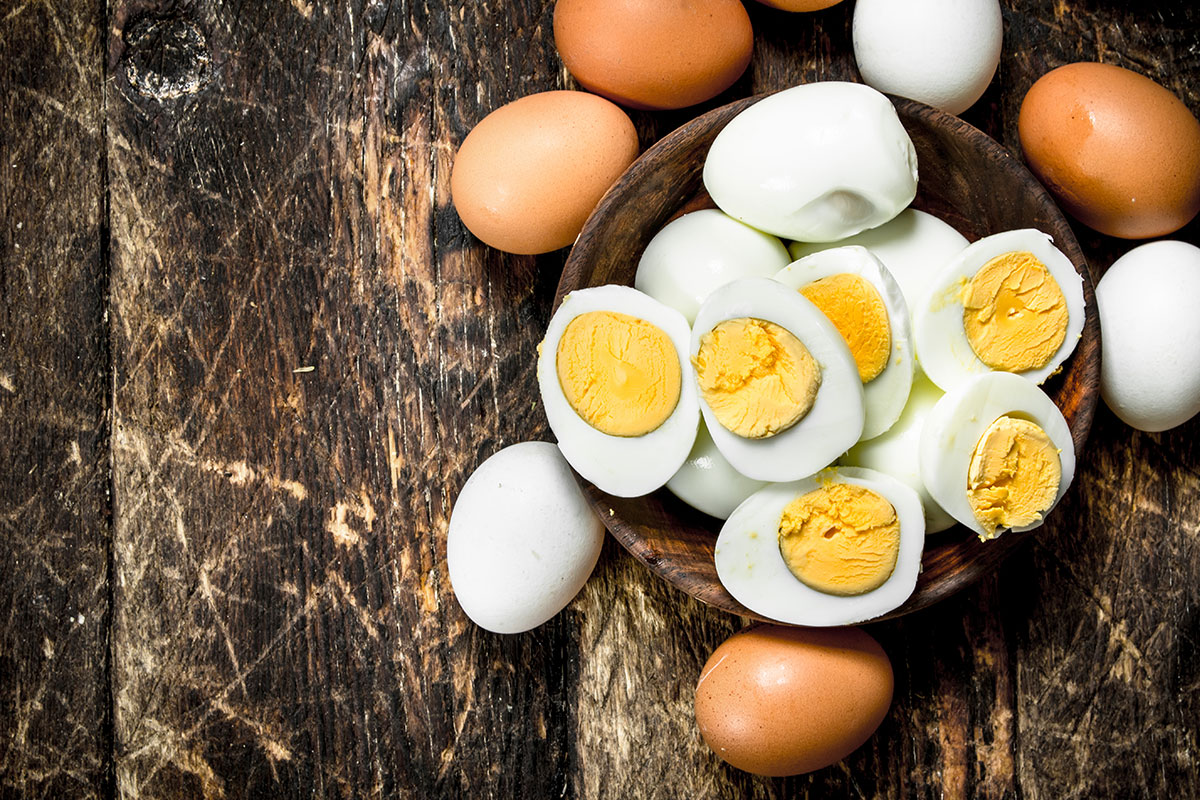

Hi there! So, I work full time and try to get my workouts done in the mornings. I go straight to work from LA Fitness. Do you have some suggestions on snacks that you can pack and go in those situations? I have been making a smoothie the night before and putting it in the freezer to take the next morning. Also, healthy snacks for the office after workouts. Thank you!
– Nancy C.

Besides the obvious shelf-stable choices (protein or granola bars, nuts/seeds, fruit, crackers, etc.) consider ready-to-eat canned or aseptic packed items like tuna salad, soup, or ravioli and individually portioned hummus, peanut butter and even bean salad. Lots of refrigerated protein sources are safe to eat within a couple of hours from your gym bag, such as hard-cooked eggs, lunch meat, cheese, yogurt, and milk singles. If you have access to a microwave or hot water at work, then consider instant oatmeal and lower-sodium ramen noodles.
– Debbie J., MS, RD
This article should not replace any exercise program or restrictions, any dietary supplements or restrictions, or any other medical recommendations from your primary care physician. Before starting any exercise program or diet, make sure it is approved by your doctor.
Some questions have been edited for length and/or clarity.
 Have a nutrition question? Our registered dietitian is ready to help!
Have a nutrition question? Our registered dietitian is ready to help!
Email nutrition@lafitness.com or submit your question below and it may be featured in an upcoming article!
If you’re careful with your nutrition, working out weekly, and still experiencing problems with your weight, take a moment to read this QA.
Blood sugar control isn’t easy. These are Debbie’s top recommendations for how to address weight control with Type II Diabetes.
Does Intermittent Fasting give you enough time to pack the day's protein? Our registered dietitian helps clear up the confusion!
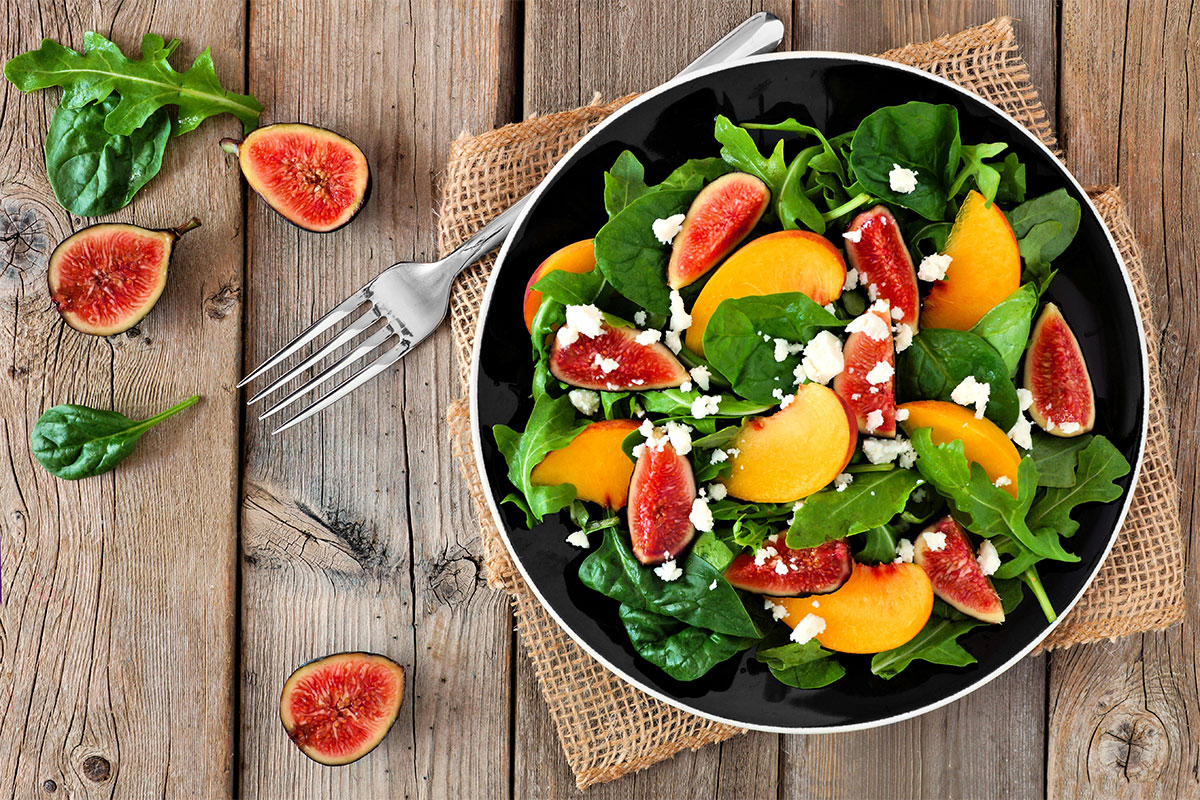

Hello my name is Lateshia S., I am 5’6” and weigh 170 pounds. I was trying to figure out how many calories a day would I need to eat, and what foods should and shouldn’t eat in order to achieve my goal of becoming leaner. When I did my fitness assessment I believe my BMI was about 27% and so I’m trying to get down to about 20-22% and I already exercise for an hour, 3 days a week since starting my membership in late June. So as far as dieting goes what should I do to see a change?
– Lateshia S.

As far as calories go, you can use the base of 1,800-2,100 calories per day for a 5’6”, 170 lb., 30-year-old woman with your activity level to lose weight and adjust by 70 calories for every decade your actual age differs from thirty.
Some people have success by shifting to smaller portions or lower-calorie options of what they currently eat. Others do better with a more drastic change by eliminating fried items, fast food, and pre-packaged meals while adopting fresh wholesome salads, grilled poultry, and home-cooked meals. Even shifting calories to earlier in the day by eating a bigger breakfast and foregoing anything after a certain hour (say, 8 PM) can help prevent excess calorie storage.
Generalities of “eat fewer calories”, “reduce fat” and “increase fruits and vegetables” can apply to the vast majority of people looking to become leaner. What you need to eat depends on what you are currently eating. Only you know what and how much you are consuming. If you don’t know – find out by recording your intake and examine a few days’ worth with a decent diet analysis program. You might identify areas in which you need to improve.
– Debbie J., MS, RD
This article should not replace any exercise program or restrictions, any dietary supplements or restrictions, or any other medical recommendations from your primary care physician. Before starting any exercise program or diet, make sure it is approved by your doctor.
Some questions have been edited for length and/or clarity.
 Have a nutrition question? Our registered dietitian is ready to help!
Have a nutrition question? Our registered dietitian is ready to help!
Email nutrition@lafitness.com or submit your question below and it may be featured in an upcoming article!
If you’re careful with your nutrition, working out weekly, and still experiencing problems with your weight, take a moment to read this QA.
Blood sugar control isn’t easy. These are Debbie’s top recommendations for how to address weight control with Type II Diabetes.
Does Intermittent Fasting give you enough time to pack the day's protein? Our registered dietitian helps clear up the confusion!
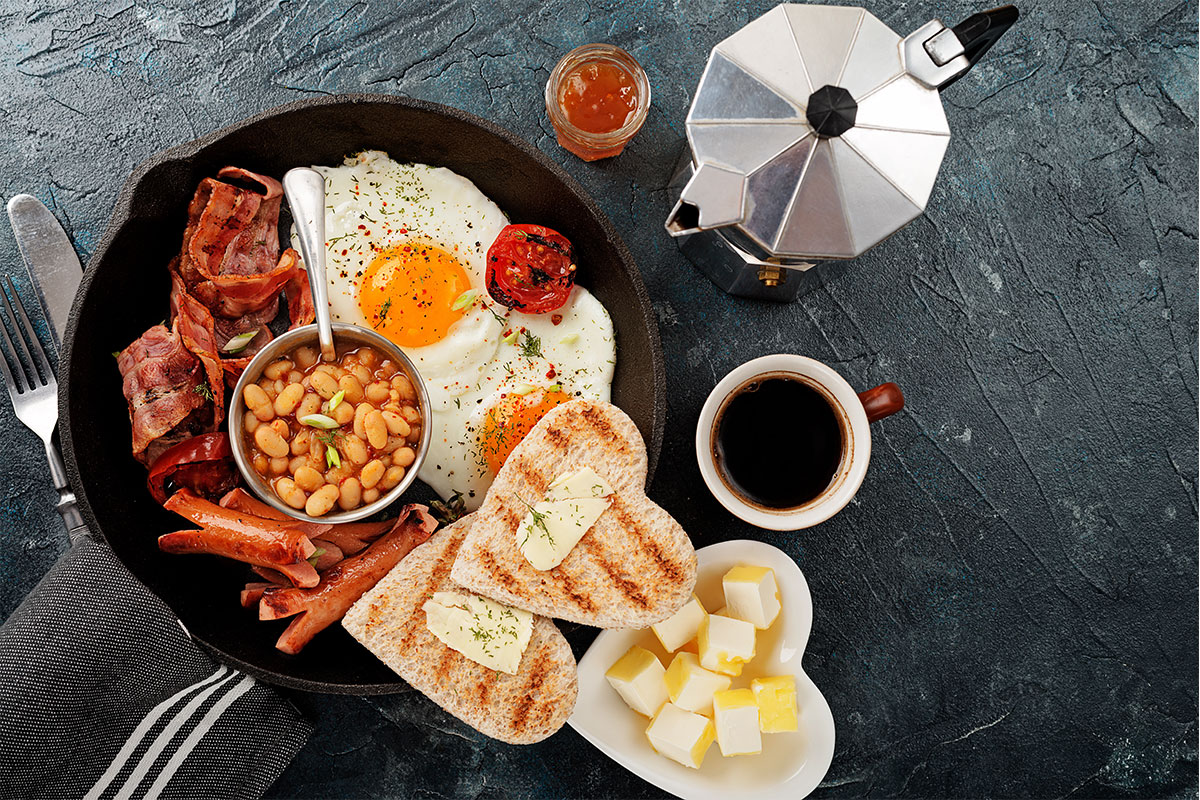

I’m trying to bulk up, but I keep losing weight. I’m down to 142 lbs. I mostly eat turkey sandwiches and chicken breast.
– Donald M.

First and foremost, Donald, please visit your healthcare provider as unexplained weight loss could be the result of an underlying medical condition. If you have any GI problems or trouble chewing, there are interventions to assist with breaking down your food.
That said, here are my tips for bulking up… Eating more volume is an obvious plan. Adding calories to what you already eat is important. Your turkey sandwiches need to be laden with avocado, full-fat mayonnaise, pesto or cheese to maximize calories. Chicken breast can be breaded, fried, or served with sauces and creams to increase energy density.
Get the most out of every bite by making sure starches are dressed with heavier condiments – baked potato with butter and cream cheese, pasta with alfredo or pesto, risotto with cream sauce, etc. Opt for the densest version of food items like dried fruit vs fresh, granola vs cereal, and tortillas vs bread. Choose energy-rich produce (e.g. bananas, cherries, peas, sweet potato) over watery varieties. Use nut butters on crackers, rolls and in shakes.
Power-pack your beverages by adding a couple spoonsful of the concentrated version to your fluid. For example, pour some evaporated milk into your glass of milk or thawed juice concentrate into your OJ. Use leftover drinks to make ice cubes to use later instead of regular ice (water has no calories).
– Debbie J., MS, RD
This article should not replace any exercise program or restrictions, any dietary supplements or restrictions, or any other medical recommendations from your primary care physician. Before starting any exercise program or diet, make sure it is approved by your doctor.
Some questions have been edited for length and/or clarity.
 Have a nutrition question? Our registered dietitian is ready to help!
Have a nutrition question? Our registered dietitian is ready to help!
Email nutrition@lafitness.com or submit your question below and it may be featured in an upcoming article!
If you’re careful with your nutrition, working out weekly, and still experiencing problems with your weight, take a moment to read this QA.
Blood sugar control isn’t easy. These are Debbie’s top recommendations for how to address weight control with Type II Diabetes.
Does Intermittent Fasting give you enough time to pack the day's protein? Our registered dietitian helps clear up the confusion!
Be the first to know about exclusive
content, deals and promotions